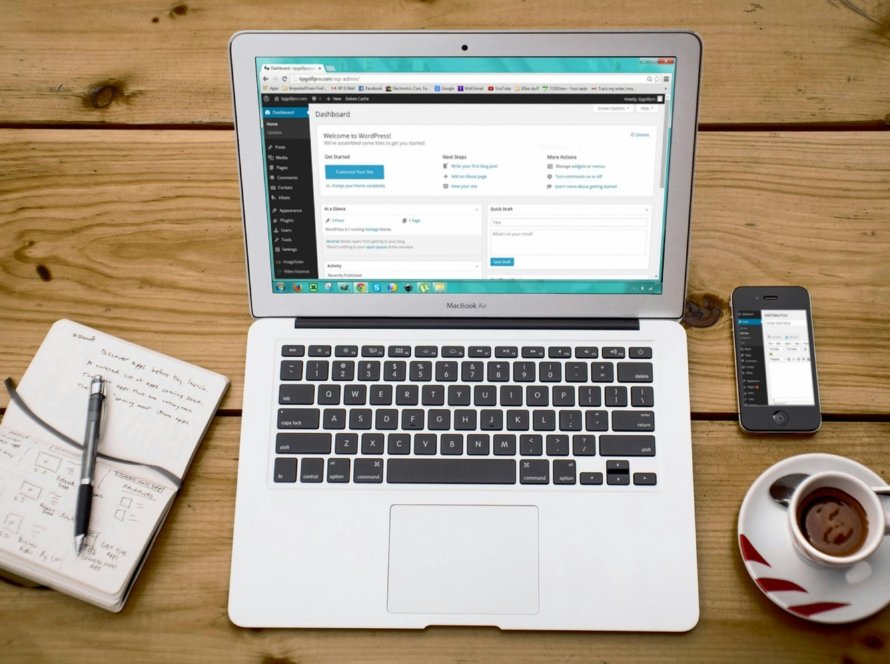When launching a new website, one of the first (and most important) decisions small business owners face is whether to use a template vs custom website.
Each option has its pros and cons depending on your goals, budget, and how much flexibility you need. In this article, we break it down to help you decide which is right for you.
🔧 What Is a Template Website?
A template website is built using a pre-designed layout. With platforms like WordPress, Wix, or Squarespace, you can choose from thousands of themes and customise them with your content and branding.
✅ Pros of Template Websites:
- Faster to launch: Ideal if you need something live quickly
- Budget-friendly: Lower upfront cost
- Beginner-friendly: Often no coding needed
- Plenty of design options: Thousands of templates available
❌ Cons of Template Websites:
- Limited flexibility: You’re restricted by the structure of the template
- Generic look and feel: Other businesses may use the same theme
- Performance trade-offs: Bloated code can slow your site down
- Scaling issues: Harder to integrate custom features later
🧱 What Is a Custom Website?
A custom website is built from the ground up — designed specifically for your brand, your audience, and your business needs. Typically built by professional developers using platforms like WordPress, Shopify (custom theme) or completely bespoke stacks.
✅ Pros of Custom Websites:
- Tailored user experience: Designed to guide your customers exactly where you want them
- Unique branding: No other business will have the same layout
- Scalable: Easier to add complex features as you grow
- SEO-friendly: Clean, optimised code and structure
❌ Cons of Custom Websites:
- Higher cost: You’re paying for strategy, design, and development
- Takes longer: Expect weeks instead of days
- Requires a skilled team: Not a DIY job
💼 Which Is Best for Your Small Business?
| Business Stage | Recommended Option | Why |
|---|---|---|
| Just starting out | Template | Quick, low-cost way to get online |
| Need online presence but limited budget | Template with minor customisations | Looks professional, low setup time |
| Scaling or rebranding | Custom | Tailored to your goals and user journey |
| Rely heavily on online sales or bookings | Custom | Better performance, trust, and conversion |
| Competing in a niche or premium market | Custom | Sets you apart from competitors |
🧠 Final Thoughts – Template vs Custom website
If you’re a small business testing the waters or working with a tight budget, a well-chosen template can absolutely do the job.
But if your website is central to how you make money, or you want a stronger brand presence, a custom website is a smart investment in the long run.
The Power of UX: Why Custom Websites Win Here
When it comes to turning visitors into customers, user experience (UX) is everything.
A custom website gives you full control over how users navigate your site — from the first click to the final conversion. Every button, image, and call-to-action can be placed with intention, based on your audience’s behaviour and goals.
By working with a UX designer, you’re not just choosing how a site looks, but how it feels to use. This can mean:
- Faster access to key info
- Easier checkout or booking flows
- Clearer calls-to-action
- Mobile-first, accessible design
Templates often fall short here because they follow a one-size-fits-all structure. With custom design, the experience is built around your users — not the other way around.
👋 Need Help Deciding?
At Soniti, we help small businesses choose the right approach for their goals — whether that’s a polished template site or a fully custom design. Get in touch for a free consultation and let’s build something great together.



